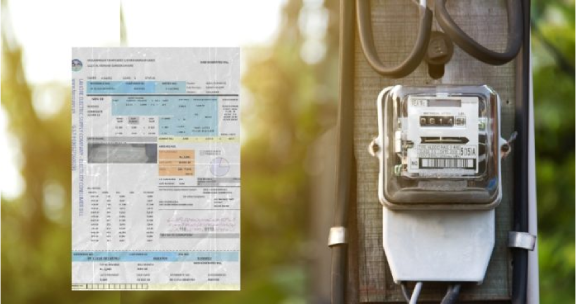Foreign investors have divested $430.4 million from debt assets in Pakistan and invested $150 million in the government papers during the first four months of the current fiscal year of 2020/21, it was learnt on Saturday.
The country saw a huge equity and debt outflows of $279 million toward the end of October, according to the central bank’s data. Foreign investors sold $251 million worth of treasury bills and $41 million worth of equities after a four percent currency gain and apprehensive of potential margin calls in other major stock markets, said Tresmark, an application that tracks financial markets.
The debt and equities’ outflows have not hit the local currency and the foreign exchange reserves. The rupee rose 4 percent since July. Pakistan’s foreign exchange reserves rose to $19.3 billion as of October 23 from $18.9 billion till June-end.
The divestment was linked with more than 6 percent week on week drop in Dow Jones Industrial Average index on fears of resurgence of the virus and absence of stimulus package.
“Foreigners continued to withdraw investments gradually, and most analysts expect the countries fixed income and equities to not attract large investment at least during this fiscal year,” it said.
Last year, the government attracted massive foreign investments in debt market in the past couple of months due to attractive, decade-high interest rate, amid whopping current account deficit that now narrowed 70 percent in year.
However, the State Bank of Pakistan reduced interest rates by 625 basis points to 7 percent between March and June to support economic growth in response to coronavirus shutdown. The rate is still one of highest across region. The robust inflows indicated of foreign investors’ intact interest in high-yielding debt market despite back-to-back rate cuts by the central bank.
Analysts said near-zero interest rates in developed markets, stable local currency and an upward sloping yield curve created an attractive opportunity for foreign portfolio managers to make gains in Pakistan. Interest rates are expected to remain steady at least in the next six-eight months period, they said. Analysts said there is an opportunity for further investments in government securities, especially in longer tenor for foreign investors.
The government is attracting portfolio investment to increase foreign exchange reserves and develop debt and foreign exchange market amid under-performing exports sector. The government relaxed taxation on investment in the government securities by non-resident companies that have no permanent business in the country. Withholding tax on investment in treasury bills was significantly reduced to 10 percent from 30 percent. It amended Income Tax Ordinance, 2001 to simply the tax structure and process for non-resident investing in debt instruments and government securities, which would help deepen the capital market, generate greater interest in the longer-dated government securities, and reduce the cost of debt for the government.





